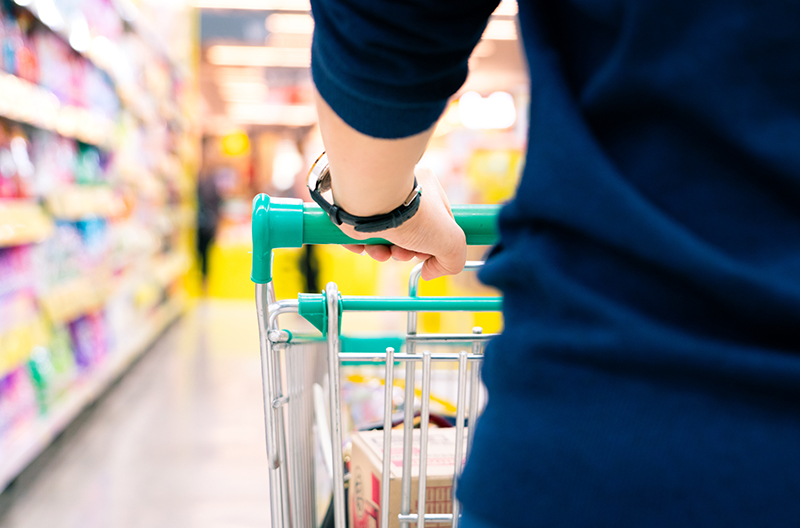NielsenIQ has released “Finding Harmony on the Shelf: 2025 Global Outlook on Private Label & Branded Products,” a new report that offers an analysis of shifting global consumer attitudes around private label and branded products, catalysts driving these trends and insights for retailers to reach consumers within a fast-moving macroeconomic environment.
According to NIQ’s report, more than half (53 percent) of global respondents are increasingly purchasing more private label products. At the same time, the top 10 global brands also experienced a resurgence in global sales momentum in 2024, signaling that retailers and CPG manufacturers will continue to compete for consumer attention on the shelves of large and small grocery stores and retailers alike.
“Consumers are continuously changing their shopping habits to adapt to today’s current market conditions,” said Marta Cyhan-Bowles, NIQ’s chief communications officer and head of global marketing COE.
“Our report underscores the critical need for collaboration between manufacturers and retailers to drive the next wave of CPG growth and effectively capture consumers’ shifting attention. In finding creative ways to work together, both parties can capitalize on these trends to unlock new opportunities and enhance market presence.”
Key trends shaping private label, branded product growth
Consumer perception of private label products and their quality has significantly improved, while global brands also see strong performance. Key trends driving growth of private label and branded products include:
- Perceived value shift: The stigma around private labels is waning, with 68 percent of respondents viewing them as good alternatives to name brands and 69 percent perceiving them as offering good value.
- Growing demand: As a result, 60 percent of global consumers say they would buy more private label products if a larger variety were available.
- Private label stabilization: Share of sales has risen by 1.4 points globally, but there are signs of slowed growth across all regions. In Europe, growth has slowed from nearly 12 percent in 2023 to just under 4 percent in 2024.
- Premiumization: More than half of global consumers (54 percent) say they are likely to treat themselves by upgrading to a premium-brand product, with younger generations – Millennials (61 percent) and Gen Z (58 percent) – exceeding that average.
- Openness to explore: More than half (58 percent) of respondents also say they’re expanding their brand purchases across multiple categories. Another 58 percent of global respondents say that brand or store brand is irrelevant, choosing products based on necessity instead.
Harmonizing success between private label and branded products
Strategies retailers and manufacturers can use to create synergies for mutual growth include:
- For private labels:
- Brand halo effect: Proximity to name brands enhances private labels’ appeal. Brands thrive on pride (30 percent), superiority (37 percent) and notoriety (48 percent). Trust in private labels grows when they match premium quality, boosting sales.
- Price anchoring: Branded products often are sold at a 26 percent premium compared with private label products across CPG categories globally. A price gap can inspire a consumer to make a value-driven choice to try something new or comparable.
- For branded products:
- Increased traffic: Nearly two-thirds (60 percent) of global consumers trust store brands due to retailer endorsement. NIQ data shows that top U.K. retailers boosted private label and branded product sales. In 2024, three U.K. retailers drove more than 70 percent of private label growth and 86 percent of branded product growth, highlighting how a retailer’s reputation can benefit all its products – name brands included.
- Market expansion: Private labels drive over half of sales growth in categories like ready-to-drink coffee and snack bars, creating opportunities for all brands. Initially budget-friendly, they enhance category perceptions and boost name brand acceptance. Brands should focus on areas where private labels grow category opportunities.
Research methodology
The NIQ 2025 Private Label & Branded Products report global survey was conducted between December 2024 and January 2025, polling more than 17,000 online consumers in 25 countries.
The sample for each country incorporated age and gender quotas aligned with respective census data, while ensuring that each demographic group maintained a statistically reliable base size.
[RELATED: Circana Report Highlights New Era Of Private Label Transformation]

